Written By: Pascaline Opeodu
In Africa, traditional healers are not considered experts, they are more or less often seen as mediocre champions who somewhat dabbled into medicine. Many times, the healing knowledge is guarded by different families and in line with the African oral tradition, such knowledge is often passed from father to son.
The World Health organization describes Traditional medicine as the knowledge, skills and practices based on the theories, beliefs and experiences indigenous to different cultures, used in the maintenance of health and in the prevention, diagnosis, improvement or treatment of physical and mental illness.
Since the Alma Ata Declaration of 1978, the primary health care system has been identified as the foundation of the health system in Sub-Sahara Africa. However, the quality of these services is not guaranteed. In some countries of the world, traditional medicine is often regarded as a complementary form of medicine or an alternative to primary health services.
Like science-based medicine, traditional medicine has many components/ divisions which includes hydrotherapy, metaphysics, surgery, bone setting, therapeutic occultism, herbal medicine, psychiatry and psychotherapy among others.
Apparently, the application of traditional medicine is unorthodox, however, more than 75% of the world’s population use herbal medicine and related products for healthy living.
One of the Nobel Prize for medicine recent winners, Dr. Tu Youyou had a breakthrough drug pouring through over 2000 ancient herbal medicine. His anti-malaria artemisinin gotten from wormwood is credited for saving millions of lives.
A good exploration of traditional medicine would be ideal to replace toxic and synthetic drugs. This would be key for treating diseases and reclaiming health. Science-based medicine use animal, vegetables, mineral substances, and it effectively thrives on technology to improve method and effectiveness. Traditional medicine on the other hand incorporates so much more; the potential is very great and requires further studies to improve method, organization and effectiveness. More so, the incorporation of technology into traditional medicine will go miles.
The metaphysical part of traditional medicine is the division that most people are aware of-it includes prayers, sacrifice, invocation, chants or incantations offered to mysteriously powerful forces-often scare and discourage potential users of traditional medicine. This area of traditional medicine is often dominated people known as native doctors. They may believe that illness doesn’t occur naturally or by chance but by spiritual manipulation and social imbalance. Unlike science-based medicine which is more analytical using empirical tools, test and research.
African traditional medicine is Inadequately researched, not regulated, and inadequately documented. These are among other issues are some of the problems plaguing African Traditional Medicine. Some plants especially for herbal medicine can be poisonous in their raw forms and separating the active part of a plant for use is as easy. Hence, Raw materials, planning and drug strategies needs to be put in place if we are to use traditional medicine to treat a large number of people.
Although we are in the 21st century, modern drugs, and medical procedures remains inaccessible to many Africans due to factors such as high cost, facilities are in urban areas, illiteracy amongst others. Hence, the need to make traditional medicine which is more accessible as our primary health care.
With lack of access to essential medicines and medical procedures to many parts of rural Africa, then the provision of safe traditional medicine should become an alternative if we are to increase access to primary health care services.







Herbal medicine is one arm that we use one way or the other. However, the great hitch about this branch is the dosage. Unlike, drugs that go through the Pharmaceteucal process, herbal concotions are often lumped together. Some of them even though temporarily relieving have huge side effects that are not studied and hence not noticed until damage is done.
For example, before certain drugs are prescribed, investigations are done to make sure the patient’s physiology complies with the medication. This is not very present within the herbal branch.
Herbal medicine needs heavy research and processing to maintain safety to those who consume.
The concern I have is if these herbs would be allowed to undergo research.
N. B Most if the drugs are a product of a natural source. It still boils down to quantity, quality and safety..
N. B forgive any hidden grammar errors 🙂